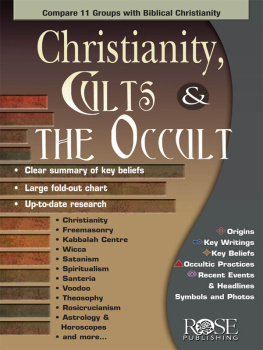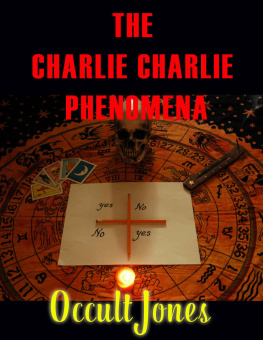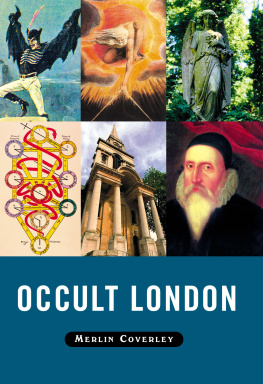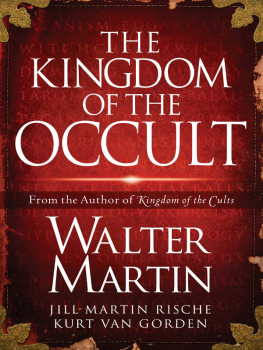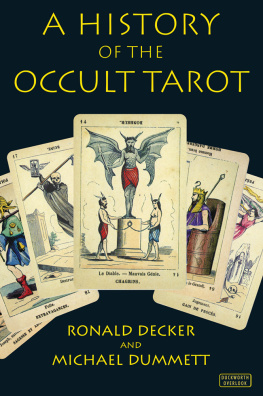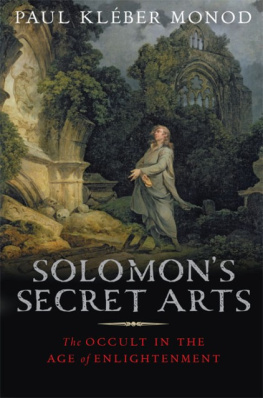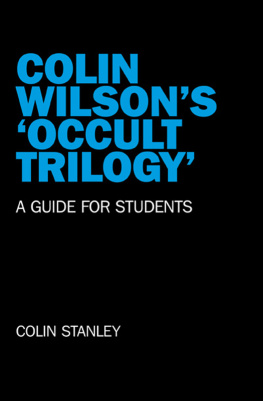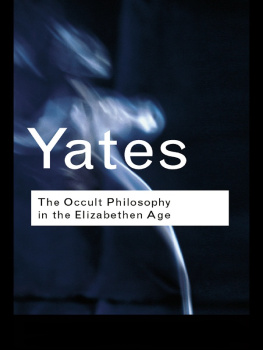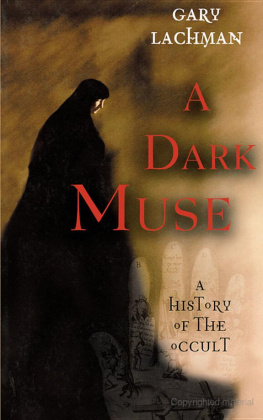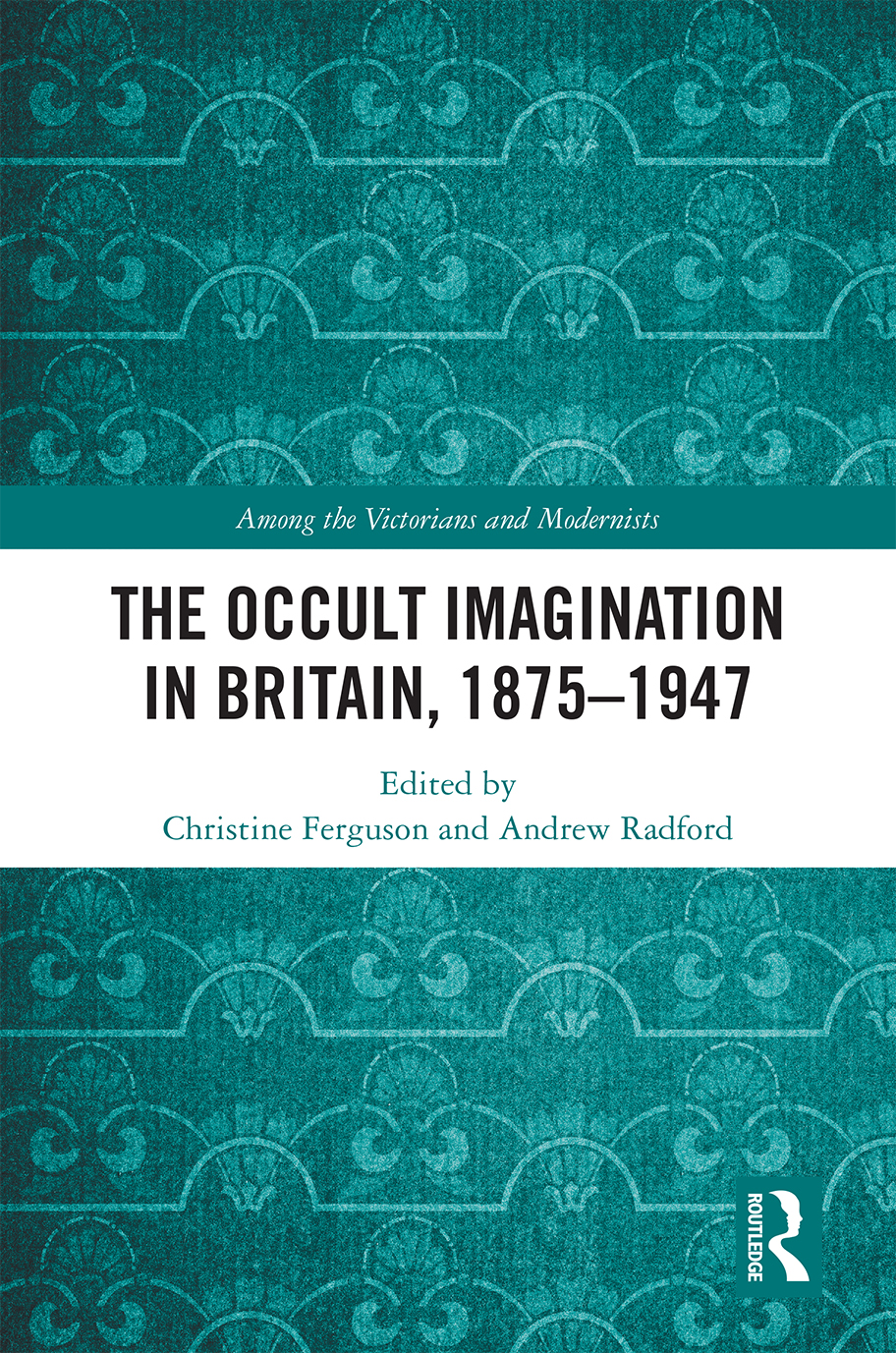Contents
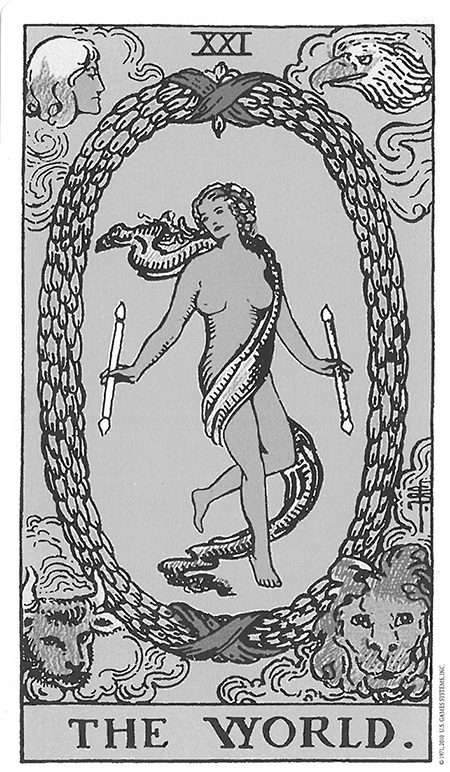
The Occult Imagination in Britain, 18751947
Between 1875 and 1947, a period bookended, respectively, by the founding of the Theosophical Society and the death of notorious occultist celebrity Aleister Crowley, Britain experienced an unparalleled efflorescence of engagement with unusual occult schema and supernatural phenomena such as astral travel, ritual magic, and reincarnationism. Reflecting the signal array of responses by authors, artists, actors, impresarios and popular entertainers to questions of esoteric spirituality and belief, this interdisciplinary collection demonstrates the enormous interest in the occult during a time typically associated with the rise of secularization and scientific innovation. The contributors describe how the occult realm functions as a turbulent conceptual and affective space, shifting between poles of faith and doubt, the sacrosanct and the profane, the endemic and the exotic, the forensic and the fetishistic. Here, occultism emerges as a practice and epistemology that decisively shapes the literary enterprises of writers such as Dion Fortune and Arthur Machen, artists such as Pamela Colman Smith, and revivalists such as Rolf Gardiner.
Christine C. Ferguson is Professor of English at the University of Stirling in Scotland.
Andrew Radford is a lecturer in the School of Critical Studies at the University of Glasgow in Scotland.
Among the Victorians and Modernists
Edited by Dennis Denisoff
This series publishes monographs and essay collections on literature, art, and culture in the context of the diverse aesthetic, political, social, technological, and scientific innovations that arose among the Victorians and Modernists. Viable topics include, but are not limited to, artistic and cultural debates and movements; influential figures and communities; and agitations and developments regarding subjects such as animals, commodification, decadence, degeneracy, democracy, desire, ecology, gender, nationalism, the paranormal, performance, public art, sex, socialism, spiritualities, transnationalism, and the urban. Studies that address continuities between the Victorians and Modernists are welcome. Work on recent responses to the periods such as Neo-Victorian novels, graphic novels, and film will also be considered.
1 Arthur OShaughnessy, A Pre-Raphaelite Poet in the British Museum
Jordan Kistler
2 Dialectics of Secrecy and Disclosure in Victorian Fiction
Leila May
3 Louise Jopling
Patricia de Montfort
4 Gender and the Intersubjective Sublime in Faulkner, Forster, Lawrence, and Woolf
Erin K. Johns Speese
5 Victorian Sustainability in Literature and Culture
Edited by Wendy Parkins
6 The Occult Imagination in Britain, 18751947
Edited by Christine Ferguson and Andrew Radford
The Occult Imagination in Britain, 18751947
Edited by
Christine Ferguson and Andrew Radford

First published 2018
by Routledge
2 Park Square, Milton Park, Abingdon, Oxon OX14 4RN
and by Routledge
711 Third Avenue, New York, NY 10017
Routledge is an imprint of the Taylor & Francis Group, an informa business
2018 Christine Ferguson and Andrew Radford
The right of Christine Ferguson and Andrew Radford to be identified as the authors of the editorial material, and of the authors for their individual chapters, has been asserted in accordance with sections 77 and 78 of the Copyright, Designs and Patents Act 1988.
All rights reserved. No part of this book may be reprinted or reproduced or utilised in any form or by any electronic, mechanical, or other means, now known or hereafter invented, including photocopying and recording, or in any information storage or retrieval system, without permission in writing from the publishers.
Trademark notice: Product or corporate names may be trademarks or registered trademarks, and are used only for identification and explanation without intent to infringe.
British Library Cataloguing-in-Publication Data
A catalogue record for this book is available from the British Library
Library of Congress Cataloging-in-Publication Data
CIP data has been applied for.
ISBN: 978-1-4724-8698-1 (hbk)
ISBN: 978-1-351-16832-8 (ebk)
Typeset in Sabon
by codeMantra
Contents
CHRISTINE FERGUSON
MICHAEL SHAW
NICHOLAS DALY
CLARE BUTTON
JAKE POLLER
NICK FREEMAN
ELSA RICHARDSON
CAROLINE TULLY
DENNIS DENISOFF
ANDREW RADFORD
AREN ROUKEMA
MASSIMO INTROVIGNE
STEVEN J. SUTCLIFFE
The editors would like to thank the Arts and Humanities Research Council, whose funding of our Popular Occulture in Britain 18751947 network seeded the research and collaborations vital to this project. Christine Ferguson would also like to thank the European Union and its Erasmus + programme, which allowed her to participate in a transformative teaching visit to the University of Amsterdam in 2016. Here her approach to British occulture was considerably enhanced through conversations with Wouter Hanegraaff, Marco Pasi and the wonderful students in the History of the Hermetic Philosophys M.A. programme. Like the cultural products it studies, this book was sustained by a commitment to open international exchange and dialogue that we hope will continue to be a mainstay of British academic life.
For permission to reproduce the images of Mummy EA 6704 and the Figure of Nenkheftka in .
Finally, we thank Dennis Denisoff for encouraging and supporting this volume from its inception to completion. His enthusiasm, commitment and bonhomie has kept us firmly grounded as we have explored the entrancing world of the occult imagination.
Clare Button is an archivist and writer who has published on British traditional music, folk horror and nineteenth- and early twentieth-century literature and culture. In 2016, she was awarded a Wellcome Trust Research Bursary on the early history of animal genetics in Edinburgh, and her paper James Cossar Ewart and the origins of the Animal Breeding Research Department in Edinburgh, 18951920 has recently been accepted for publication by the Journal of the History of Biology.
Nicholas Daly is Professor of Modern English and American Literature at University College Dublin, and a member of the Royal Irish Academy. His publications include the books Modernism, Romance, and the Fin de Sicle (1999), Literature, Technology and Modernity (2004), Sensation and Modernity in the 1860s (2009) and The Demographic Imagination and the Nineteenth-Century City: Paris, London, New York (2015). He serves on the advisory boards of the Journal of Victorian Culture, Novel: A Forum on Fiction, and the Irish University Review.
Dennis Denisoff is McFarlin Professor of English at the University of Tulsa. He is the author of


